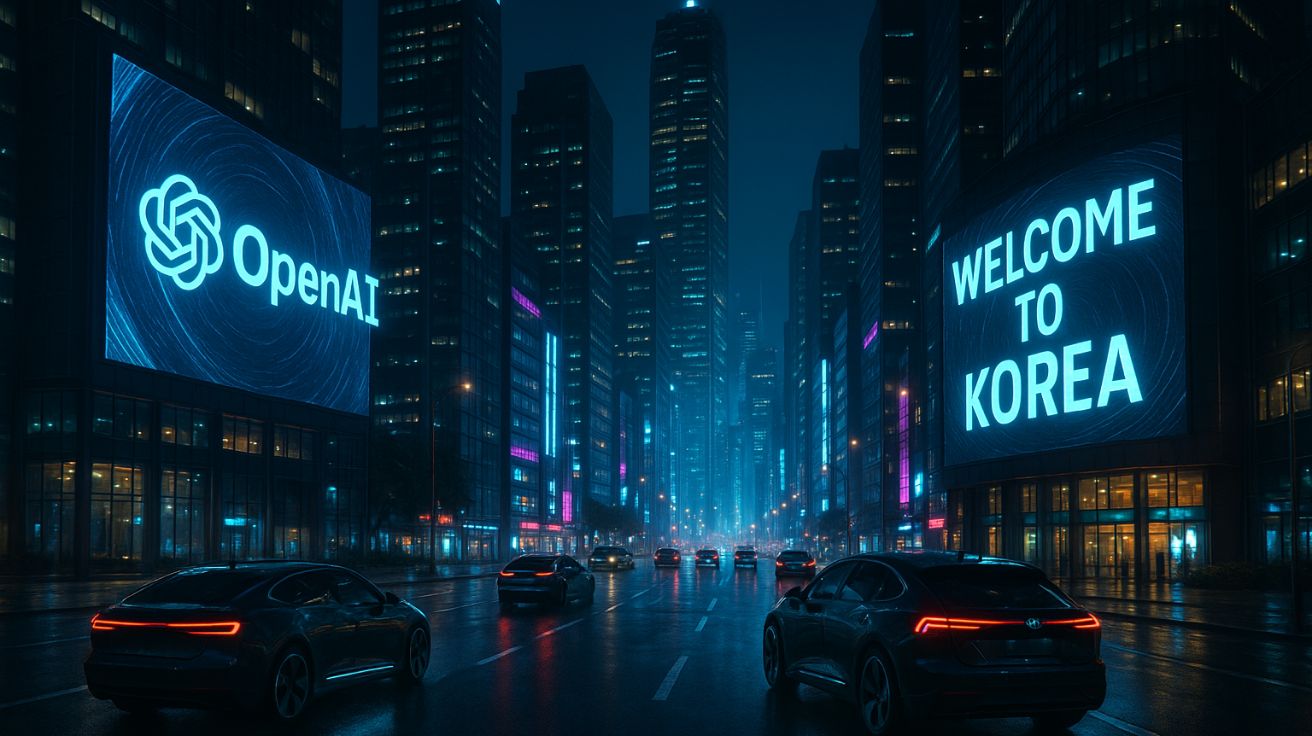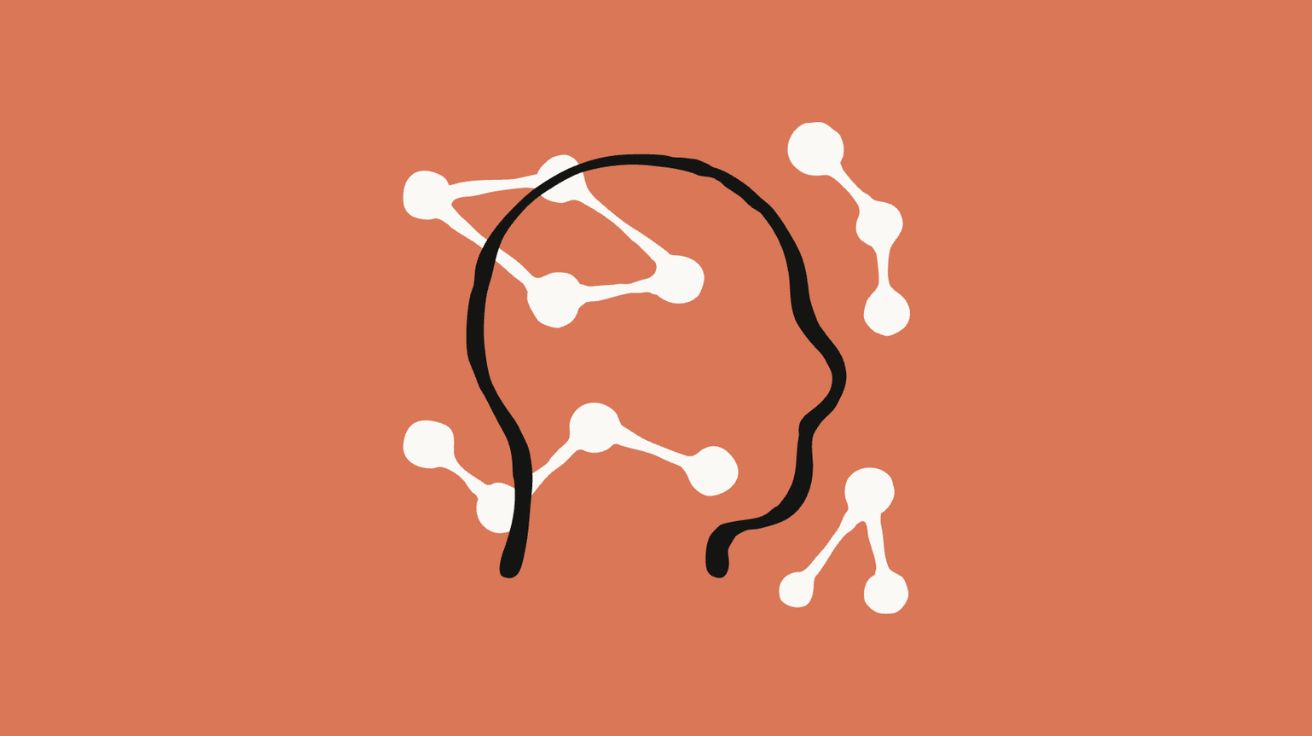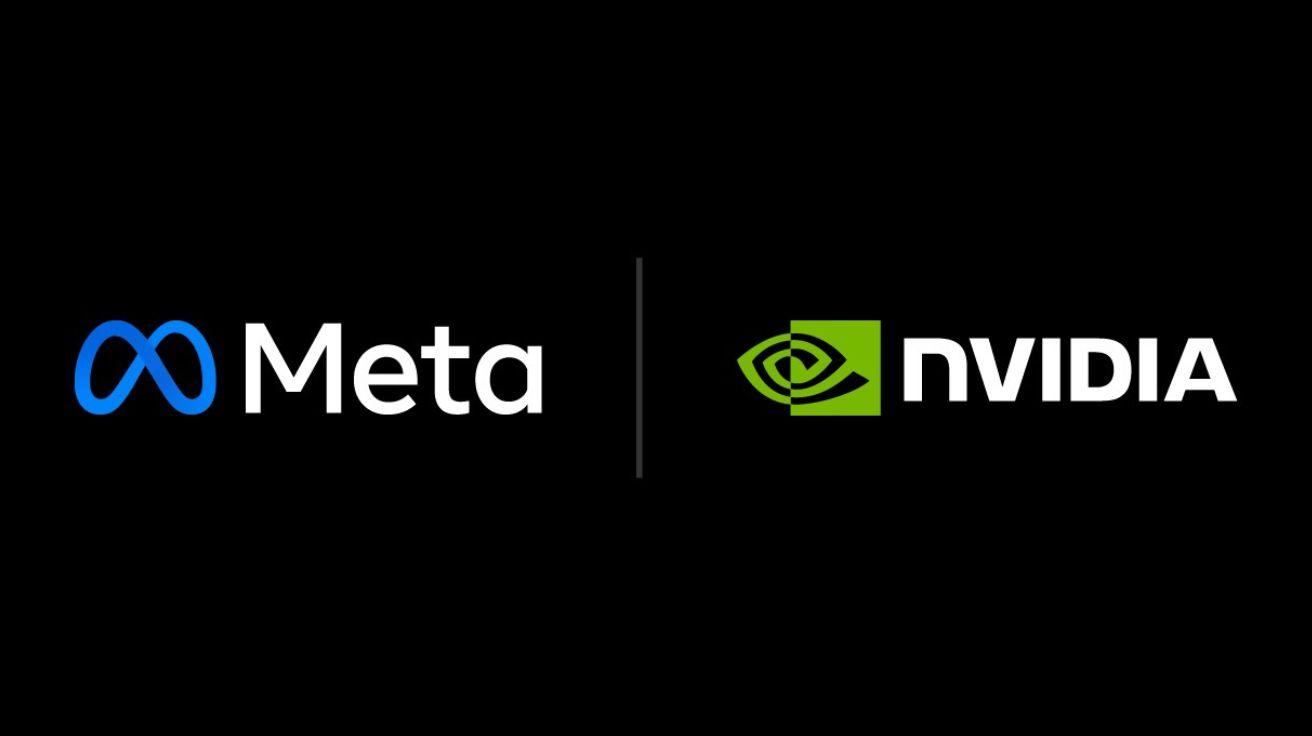Korea Emerges as Key Player in Global AI Giants’ Asian Strategy
In May 2025, OpenAI, the global leader in artificial intelligence, officially announced the establishment of its third Asian office in Seoul. With operations spanning 11 cities worldwide, OpenAI’s decision to select Korea as an Asian hub—following Japan and Singapore—raises an intriguing question: what makes Korea so strategically important?
The answer goes far beyond the current “AI boom.” Historically, Korea has been viewed as an overlooked market in the global AI landscape, constrained by its relatively small domestic market size and language barriers. However, OpenAI’s strategic choice signals that Korea has evolved beyond a mere consumer market to become a core partner in global AI innovation.
Korea’s AI Power by the Numbers
OpenAI’s most compelling rationale is striking. “Korea ranks second globally in ChatGPT paid subscribers, trailing only the United States.” As of May 2025, domestic ChatGPT monthly active users have surpassed 10 million—a remarkable figure for a nation of 51 million people, even when including free users.
More impressive is the growth trajectory. ChatGPT’s weekly active users in Korea have surged more than 4.5-fold over the past year. This isn’t merely a passing trend but evidence that AI services have become deeply integrated into Korean daily life and industrial operations. Korea has emerged as one of the world’s most aggressive adopters and experimenters of AI technology.
Korea’s Hidden Strengths That Caught OpenAI’s Attention
1. Complete AI Ecosystem
OpenAI characterizes Korea as “a nation with a comprehensive ecosystem spanning the entire AI spectrum—from semiconductors to software to startups.” The country’s unique industrial structure combines global semiconductor powerhouses like Samsung Electronics and SK Hynix, major IT corporations such as Kakao and Naver, and innovative startups in a rare configuration.
This combination is exceptionally uncommon. Most countries excel in either hardware or software, but Korea possesses a complete ecosystem covering AI’s entire value chain.
2. Optimal AI Infrastructure Hub
OpenAI is seriously considering Korea as a candidate location for “Stargate,” its massive data center construction project. The country offers high concentrations of AI infrastructure—semiconductors, cloud computing, and ultra-high-speed networks—backed by world-class technological capabilities.
Korea’s semiconductor expertise and manufacturing capacity position it to play a crucial role in supplying GPUs and memory semiconductors essential for the AI era. This provides OpenAI with value beyond simple market expansion—a genuine technological partnership.
3. Strategic Government Support
The Korean government has designated AI as a future growth engine, providing substantial investment and policy support. OpenAI has stated its intention to “collaborate with Korea’s AI strategy to support the development of ‘Korean-style AI.'” This represents cooperative growth through partnership rather than regulatory or policy barriers.
4. Substantial Partnership Foundation
OpenAI already collaborates with major domestic companies including Samsung Electronics, SK, Kakao, and Krafton, with plans to strengthen partnerships across more diverse enterprises, government agencies, and academic institutions. Korea isn’t merely a market to penetrate for OpenAI—it’s recognized as a partner in creating innovation together.
What Opportunities Await Korean Companies?
Leap to Global AI Hub: OpenAI’s entry marks a turning point for Korea’s transformation from a simple AI consumer to a global AI innovation “hub” and “testing ground.” This could accelerate market entry and investment expansion by other global AI companies like Anthropic, Google, and Microsoft.
Virtuous Cycle of Technology and Talent: With OpenAI’s ChatGPT, APIs, and cutting-edge generative AI technologies rapidly introduced domestically, Korean companies, developers, and researchers gain direct access to world-class AI technology. Simultaneously, “Korean-style AI” development will birth innovative models specialized for the Korean language and culture.
Qualitative Transformation of Industrial Ecosystem: Korean startups will gain access to OpenAI’s global network, capital, and technology, dramatically enhancing their global expansion prospects. Large-scale data center and AI infrastructure construction will drive advanced infrastructure investment and high-quality job creation.
OpenAI’s choice extends beyond selecting a “high-usage country.” It recognizes Korea’s present and future as a nation that experiments with AI in daily life, provides industrial and policy support, and possesses the potential to grow as a hub in the global AI ecosystem.
Korea now faces expectations not as a mere follower in global AI competition, but as a pioneer forging new paths. OpenAI’s Korean office establishment is merely the first step in this journey. The real transformation begins now.






